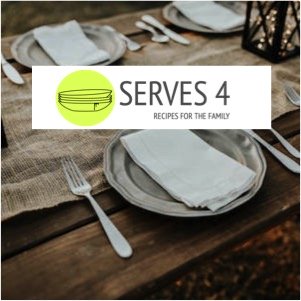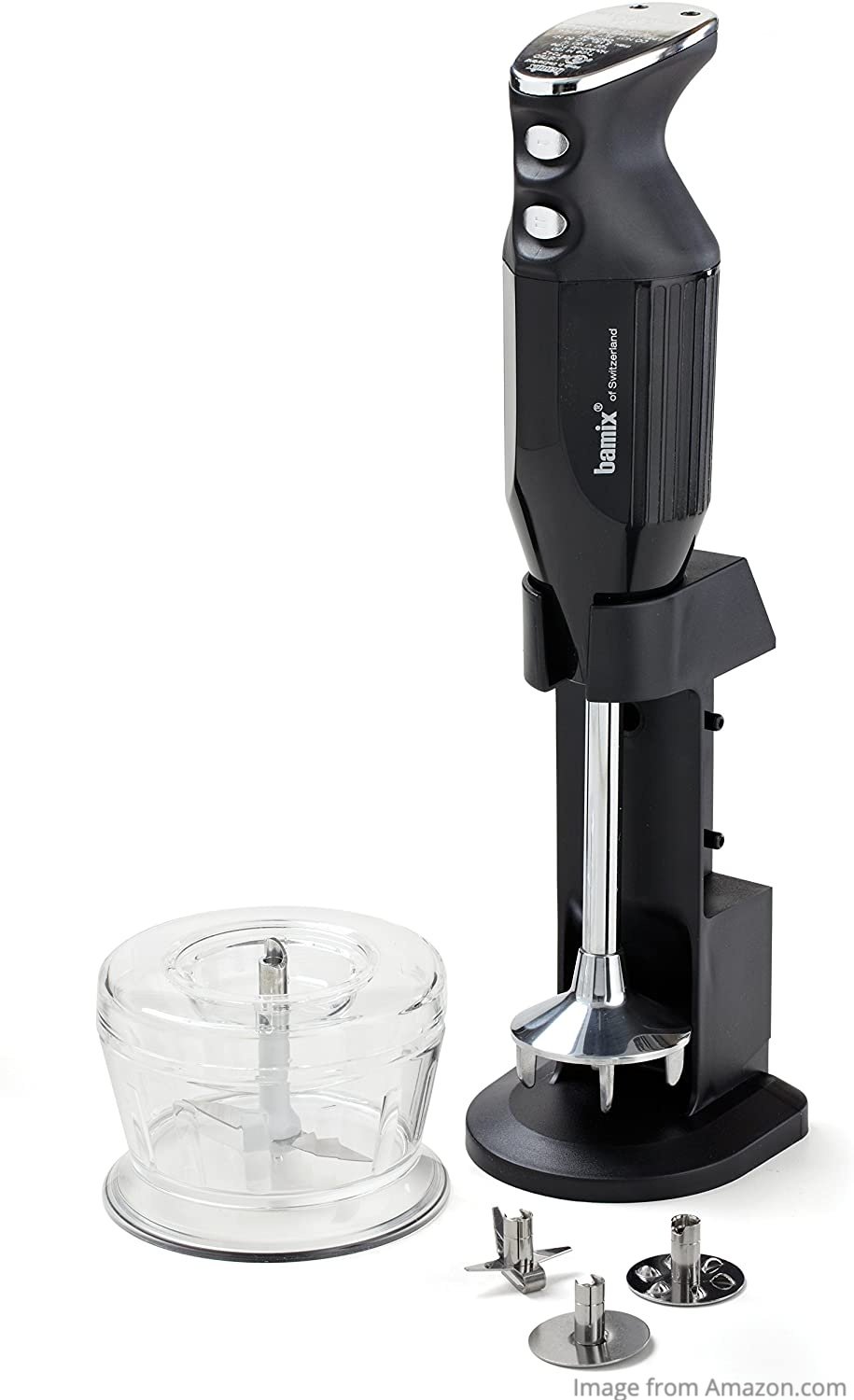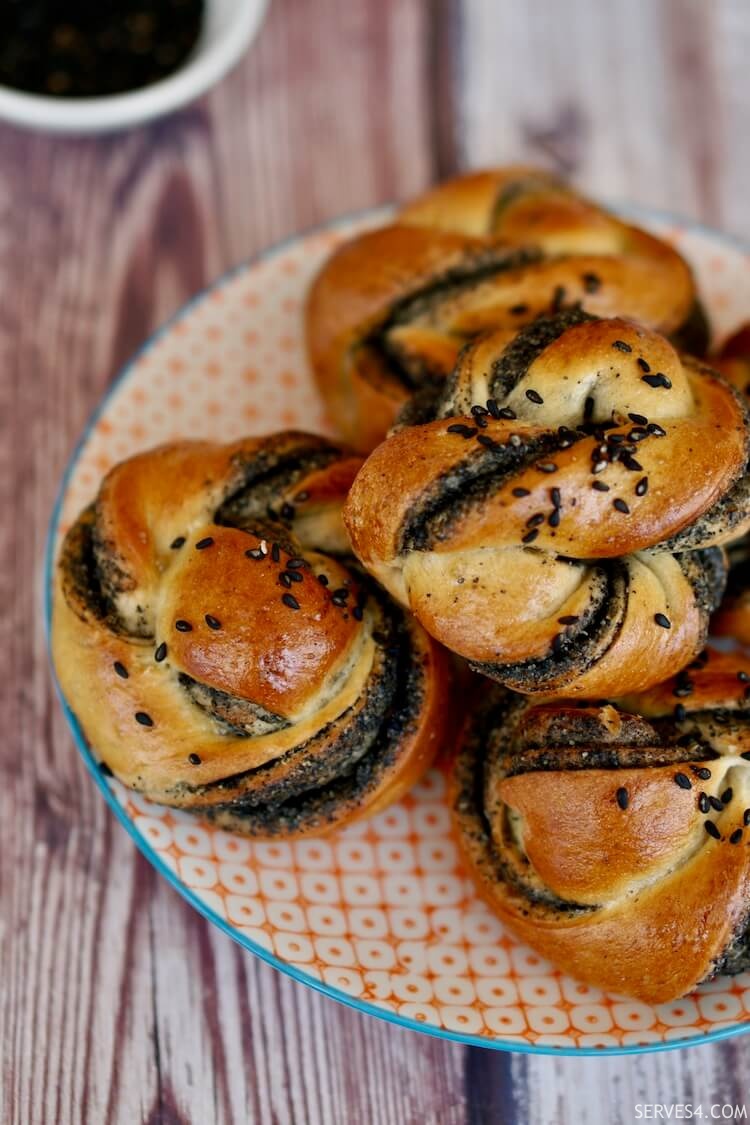- Serves 4
- Meal Planning
Meal Planning
This page may contain affiliate links, which means we receive a small commission for purchases made using the links. There is no additional cost to you. Please read our full disclosure policy.
Meal planning may seem like a foreign concept to you, if you’ve never been the family cook or usually rely on eating leftovers or takeaway. But organisation is the key to success when it comes to balancing a busy schedule with cooking for your baby, and a little bit of advance planning can go a long way.
Planning meals in advance is essential, if you are a busy mother wanting to cook your baby’s food. Having a pre-planned menu of what baby eats each day will not only help you keep track of baby’s diet, but it will also remove the daily thought process and indecision over what to feed baby at mealtimes.
Menu Rotation
If you ate the same food every day, you would probably get sick of it pretty quickly. Well, your baby is no different; in fact, it is more important for him to eat a wide variety of foods, as his taste buds and palette are still developing.
Rotate baby’s food every couple of weeks to maximise his exposure to a variety of dishes. I find a 2-week menu rotation to be ideal – there is enough of a time gap between dishes so that baby doesn’t tire of them so quickly.
Meal planning and freezer cooking go hand in hand, and a 2- week menu rotation should allow you to go several weeks between cooking sessions. Depending on how much you can cook at a time and your freezer storage capacity, you will likely find yourself cooking for several consecutive days per month, but the rest of the time you can put your feet up!
Although requiring some thought on your part, the timesaving benefits of planning baby's meals in advance are well worth it. To make the process even more automatic (i.e. brainless), I like to map out meals for the entire menu period (e.g. 3 months) and keep it handy on a piece of paper; then all I have to do is refer to the menu planner to see what baby should be eating for any given day without giving it much more thought!
The Meal Plan
So how do you design a meal plan for your baby?
Young babies tend to get very tired by the end of their day, and with tiredness comes a decrease in appetite. So I like to serve simple and quick meals for dinner, such as thick soups or pasta dishes. A carbohydrate-rich meal in the evening will also help the younger ones sleep better through the night.
Once into the toddler years, I find that offering fun foods, such as pasta shapes and pizza, for dinner often helps little ones eat better in the evenings. Older children should aim to eat the evening meal with the rest of the family, at least on weekends – this helps them to adopt a more grown-up style of eating and also encourages them to eat more ‘adult foods’.
At lunchtime, when baby is not so tired, you can offer him a more balanced meal, ensuring that his nutritional needs are met. In particular, protein and vegetables are good foods to offer for lunch; protein because it takes longer to digest, and vegetables because they are often met with resistance!
Meal planning may seem like a lot of work, but it only takes a few minutes of your time every several months or so. In baby’s first year, it’s good to change the meals in the meal plan every 3 months or so, as baby’s eating skills develop and he is able to handle more ‘challenging’ foods.
Even after baby turns 1, it may still be a good idea to cook new dishes every 3 months, to ensure he doesn’t get bored of the foods. But there’s certainly no need to change the meals so regularly, especially if you’ve found a few dishes that he really enjoys – be led by baby here.
What's on your mind?
Let us know any thoughts, comments or questions by getting in touch here.







